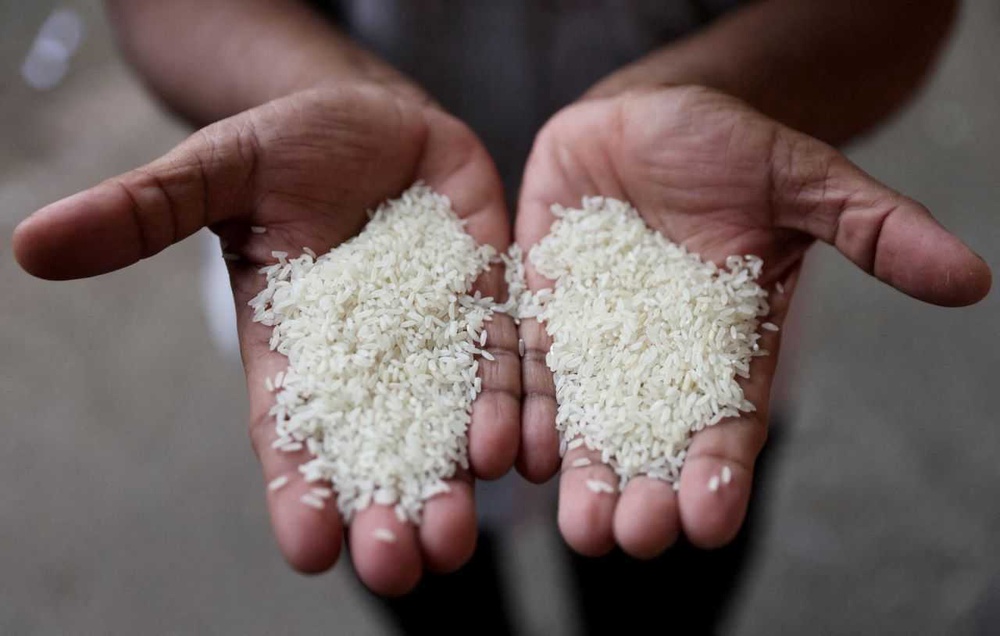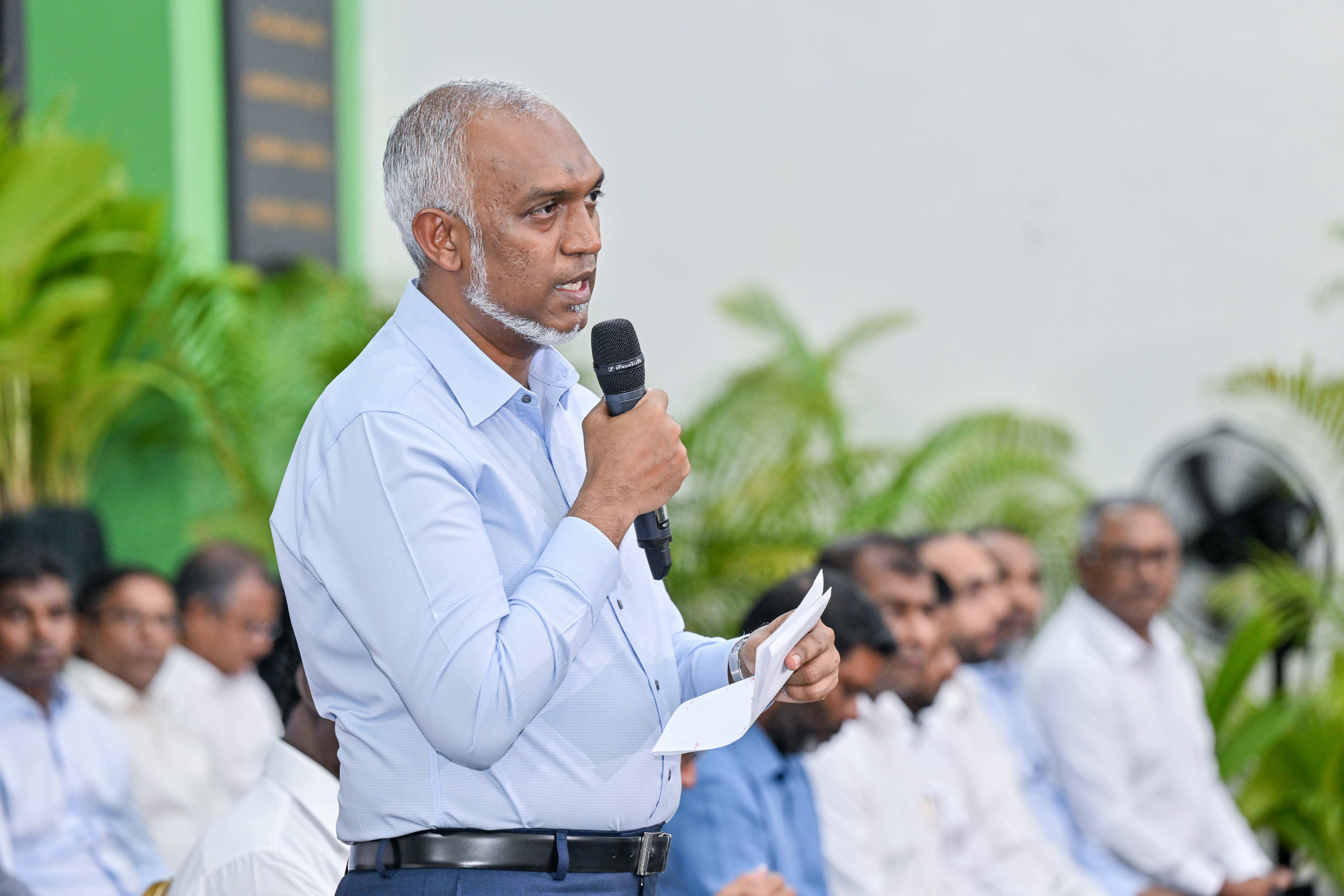In order to control the price of the country's primary food and address an "alarming increase" in retail prices, Philippine President Ferdinand R. Marcos, Jr., imposed price restrictions for rice, his administration said on Friday.
Regularly milled rice was subject to a price cap of P41 ($0.72) per kilogram, while well-milled rice was subject to a cap of P45 ($0.79) per kilogram. These caps were required to be in place until the president decided to withdraw them.
In the capital area, well-milled rice is now priced between P47 and P56, while regular-milled rice is priced between P42 and P55 as of August 30, according to the agricultural ministry.
Even though there is a constant supply of rice, authorities have noted "widespread practice of alleged illegal price manipulation, such as hoarding by opportunistic traders and collusion among industry cartels in light of the lean season," according to a statement from the presidential office.
The crisis in Russia and Ukraine, India's prohibition on rice exports, and the volatility of oil prices are among the international events that are putting pressure on pricing in the Southeast Asian nation, it was stated.
Marcos, who is also the agriculture minister, earlier this week ordered authorities to double efforts to hunt down rice hoarders and take steps to curb rice inflation, which hit 4.2 percent in July, the highest since 2019.
The Philippines is one of the world’s biggest importers of grain and its retail rice prices climbed further last month, with some varieties surging as much as 25 percent in some markets in and around the capital.
Regularly milled rice was subject to a price cap of P41 ($0.72) per kilogram, while well-milled rice was subject to a cap of P45 ($0.79) per kilogram. These caps were required to be in place until the president decided to withdraw them.
In the capital area, well-milled rice is now priced between P47 and P56, while regular-milled rice is priced between P42 and P55 as of August 30, according to the agricultural ministry.
Even though there is a constant supply of rice, authorities have noted "widespread practice of alleged illegal price manipulation, such as hoarding by opportunistic traders and collusion among industry cartels in light of the lean season," according to a statement from the presidential office.
The crisis in Russia and Ukraine, India's prohibition on rice exports, and the volatility of oil prices are among the international events that are putting pressure on pricing in the Southeast Asian nation, it was stated.
Marcos, who is also the agriculture minister, earlier this week ordered authorities to double efforts to hunt down rice hoarders and take steps to curb rice inflation, which hit 4.2 percent in July, the highest since 2019.
The Philippines is one of the world’s biggest importers of grain and its retail rice prices climbed further last month, with some varieties surging as much as 25 percent in some markets in and around the capital.


















